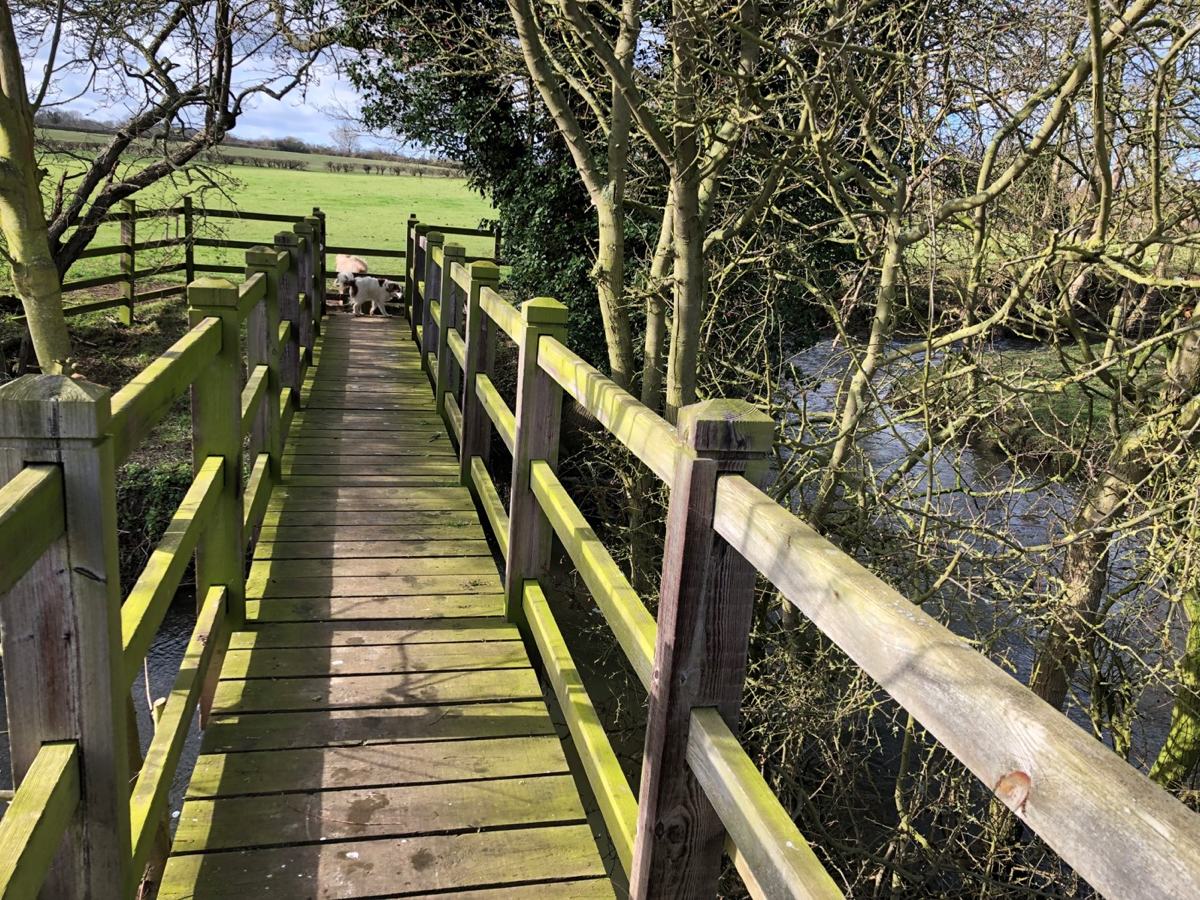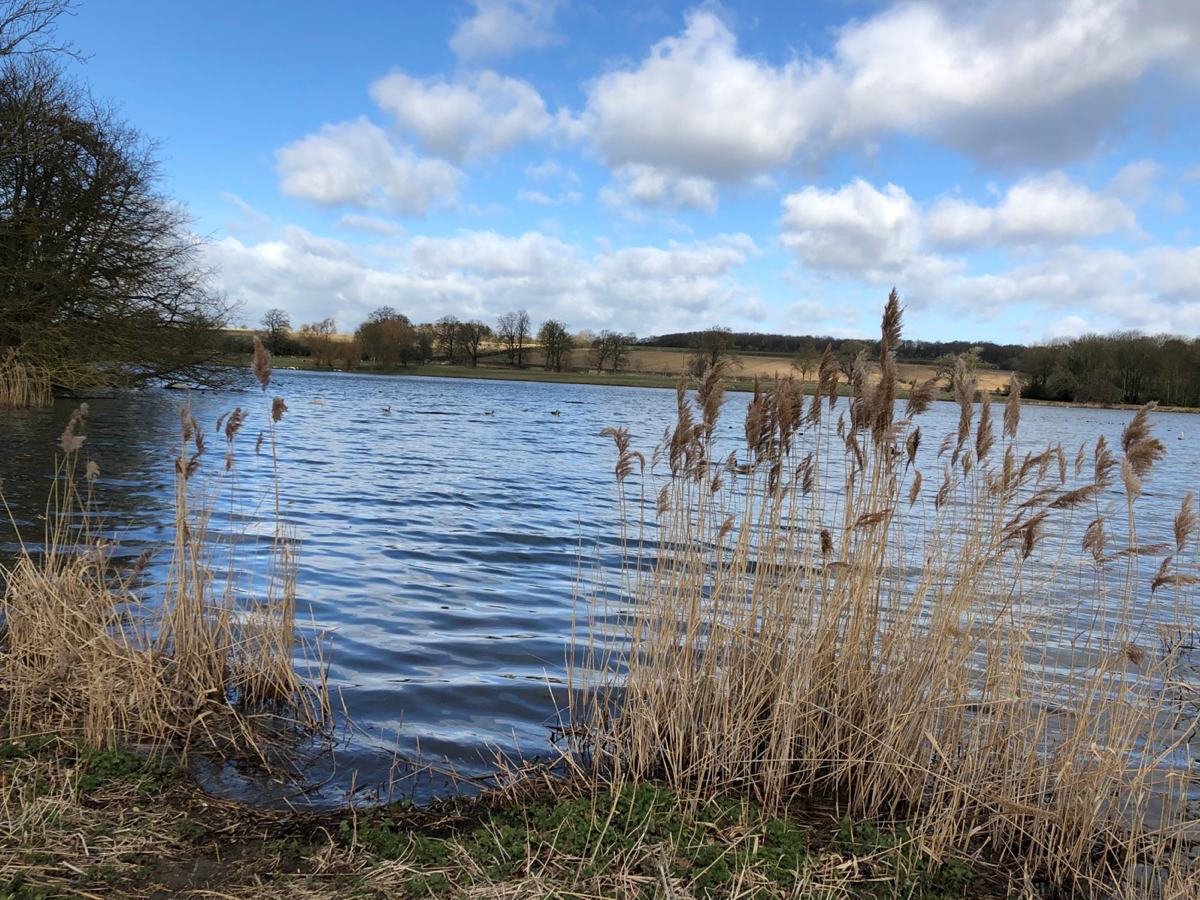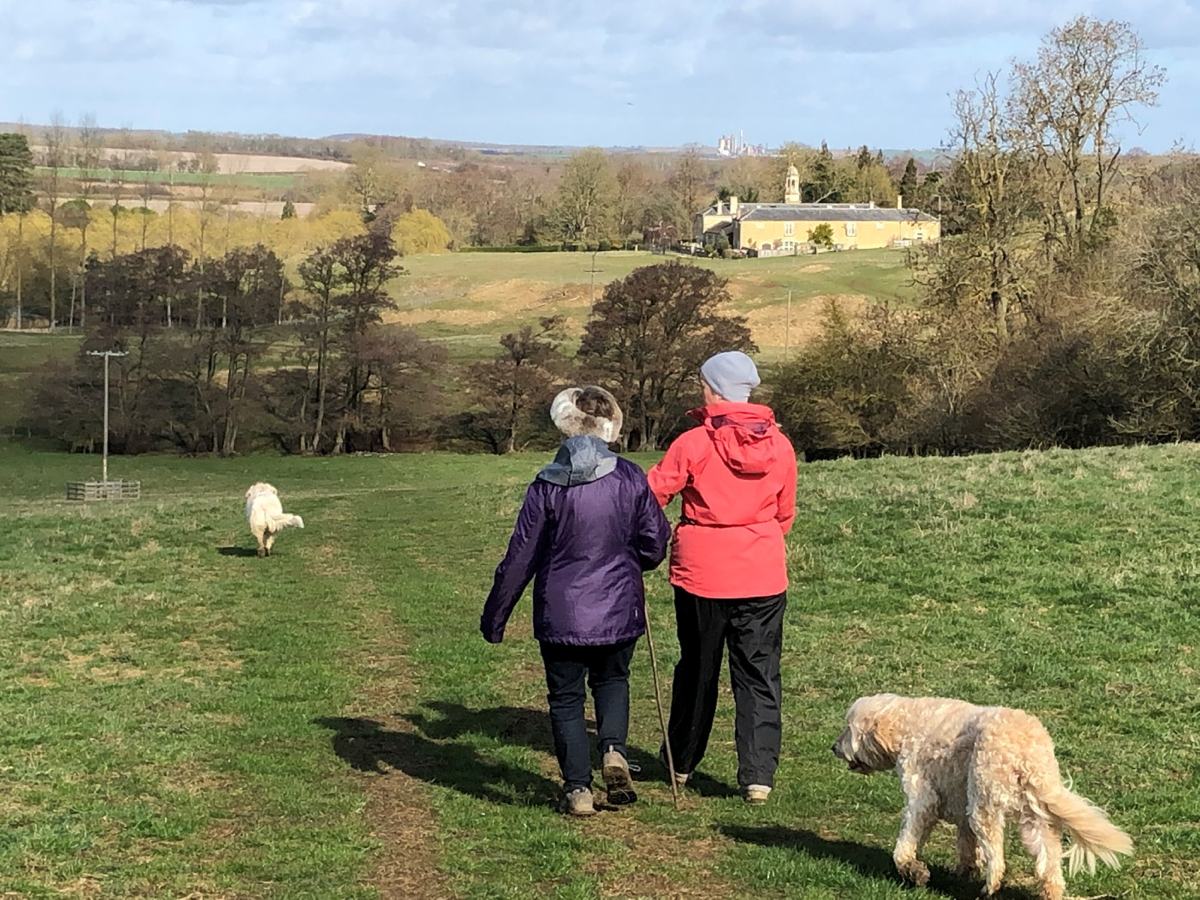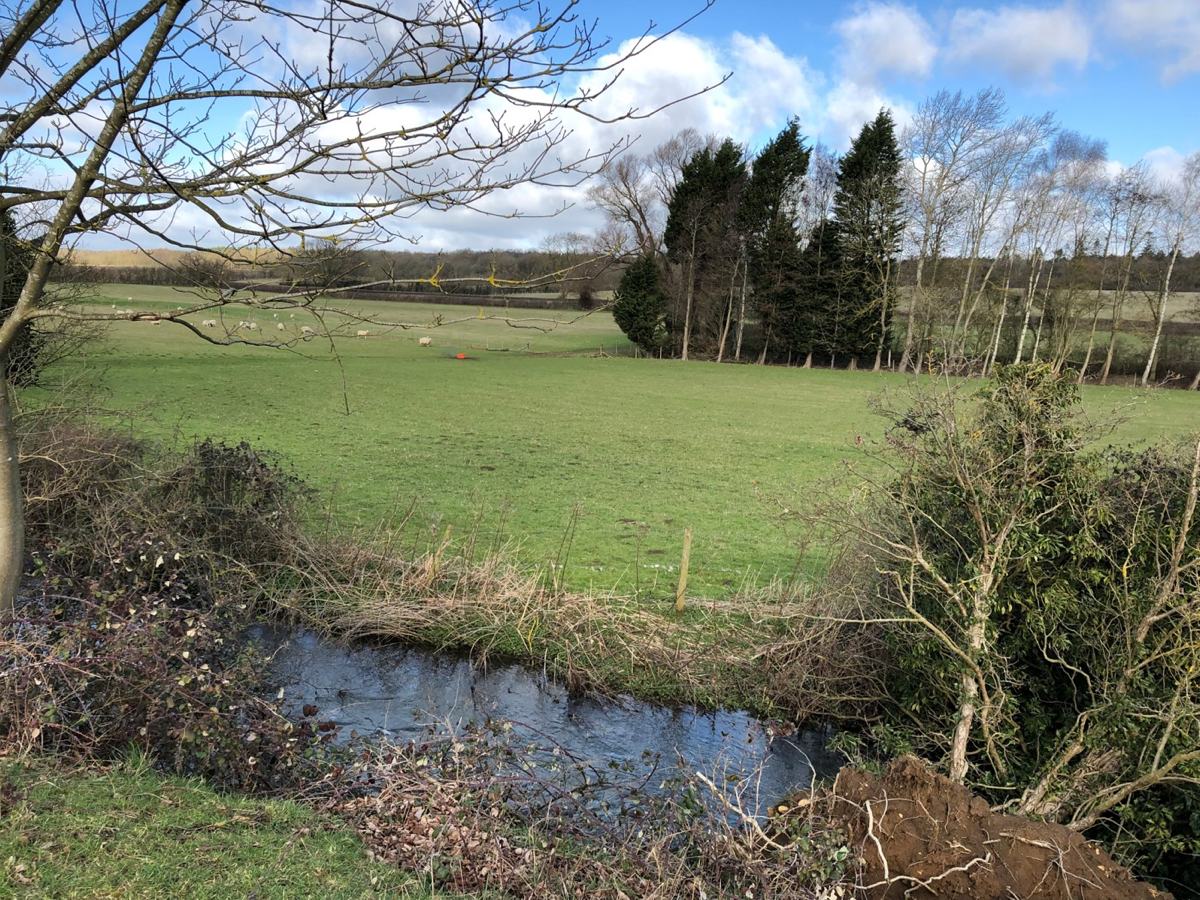My spirits lift as I open the door and step outside. This is no coincidence, nor just a reflection of the chaotic house that I am leaving behind; there is plenty of medical evidence that exercise outdoors has huge benefits for mental health and well-being, as well as improving cognitive function.
I have had many discussions about exercise with my patients who, slightly shamefaced, confess that they are not exercising as much as they “should”. There is a “green prescription” movement, started in New Zealand, which means that doctors can write prescriptions for patients to get outside and exercise. The green prescription has been shown to improve health and quality of life. In most areas of the UK there are “exercise prescription” schemes, where GPs and others can refer patients to gyms for exercise programs at reduced cost.
Whilst worthy and recognising the immense health benefits of exercise on improving blood pressure, blood sugar and chronic pain and in reducing the risk of diabetes, heart disease, strokes and some cancers, a prescription sounds unattractive and necessary. Like something we “should” do rather than something that we want to do because of the sheer joy of it. Grinding through gym exercises and pounding on a treadmill gives a huge buzz of endorphins and afterwards we feel great, uplifted and energised and slightly proud of enduring the session. However getting motivated to start can be a challenge.
Exercising outdoors provides all the benefits of the gym but goes further in reducing blood pressure and improving mental health. There is increasing evidence that being outdoors, especially near water, provides an immediate boost to well-being. Rather than being glad afterwards (its good when it stops!), the time spent is nourishing and enjoyable, boosting vitamin D levels and giving space for natural mindfulness.
So why is it so hard to get started? There are many reasons why people find it difficult to exercise but the most common stated is lack of time. Lack of time is known as a “priority barrier”, which means that there are other important things in our lives that take precedence over getting some exercise, even though we recognise that we “ought” to be doing it. Resetting to put your own well-being higher up your list of priorities feels difficult but the potential gains are immense, both for today and for your future health.
If I can get outside, I know my spirits will lift. But still it is hard, especially when the weather isn’t helping. What works for me is having my exercise clothes ready and my trainers by the door, so that I can be up and dressed with intent, almost before I am properly awake. (This is also a great excuse for the perennial pile of clothes on the floor). I worked out that the effort of finding everything in my disorderly house was sufficiently off putting to overcome the anticipated pleasure of getting outside to exercise. Putting your well-being first and identifying the barriers that get in the way and how you can overcome them, is the first step. The rewards are immense.




